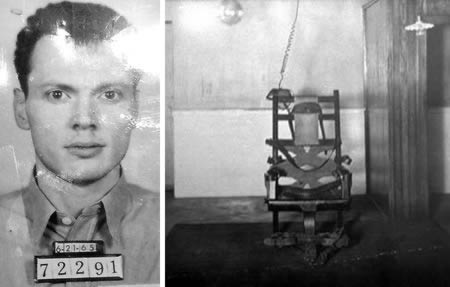The term “being on a death row” describes the state of awaiting execution and most persons that have been in this position have mainly deserved it, having committed terrible crimes.
But there are also cases where people died for not believing in something or for being progressive in their beliefs, such as the cases where scientists were sentenced to die because of their revolutionary thoughts. Prisoners on death row are usually asked what they want for their last meal and what their last words are before their life is taken.
With most of them having enough time to think about those last words, you would expect them to apologize for their crimes, looking for closure before they close their eyes for eternity. However, there are cases where the sentenced criminal has said the most unexpected things, just moments before the sentence was carried out. Here are some of the most notorious last words of people sentenced to death:
The only execution by electric chair in the United States in 1966 was that of James D. French, who was sentenced to a life sentence for a murder he committed in 1958. French had killed a motorist who had picked him up when the murderer was hitchhiking.
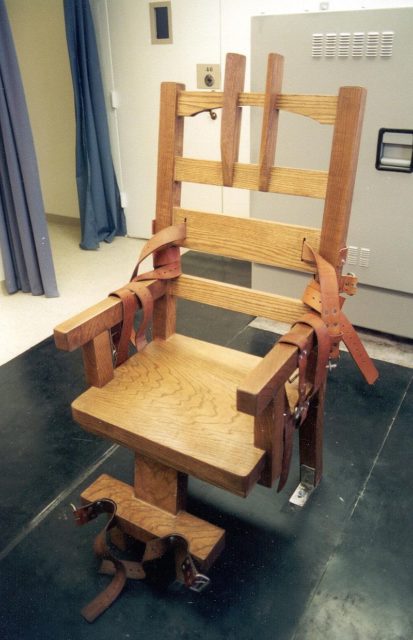
During his imprisonment, he was thinking about committing suicide but was too afraid to take his own life. In order to compel the Oklahoma state to execute him, he killed his cellmate and was sentenced to death. A few moments before the electricity ran through the chair he was sitting on, he spoke the words “How’s this for your headline? ‘French Fries”.
George Appel was convicted for a first-degree murder after he killed a police officer in New York city. He was instantly sentenced to death and the punishment was carried out in 1928.

George Appel was killed by electrocution, and while he was strapped to the chair, he spoke his final words which were “Well, gentlemen, you are about to see a baked Appel.”
David Matthews murdered Otis Earl Short, his uncle, in 1994, while trying to rob him in his home. Sentenced to death, he waited for his punishment in Oklahoma State Penitentiary until 2011. In the meantime, his death had been postponed 3 times and he was given time to prove his innocence.
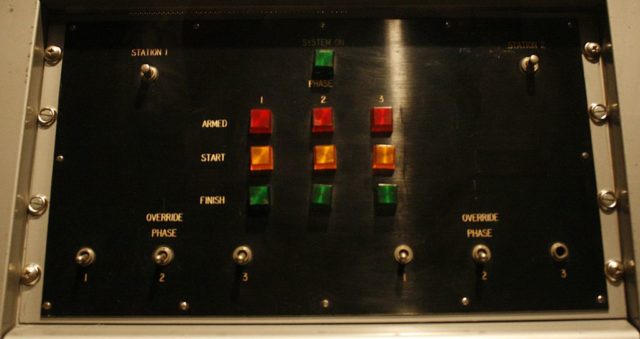
Before the government finally put him to death by lethal injection, Matthews spoke his final words: “I think that the governor’s phone is broke. He hasn’t called yet.” David Matthews died with a smile on his face, claiming he was enjoying his time.
Jimmy L. Glass was killed by electrocution in 1987 for the crimes he committed. Having a long criminal record already and being imprisoned in a Louisiana Jail, he escaped in 1982, together with Jimmy Wingo, another prisoner. The two murdered Newton Brown and his wife Erlene Nealy Brown in their home after the escape and were arrested soon after.
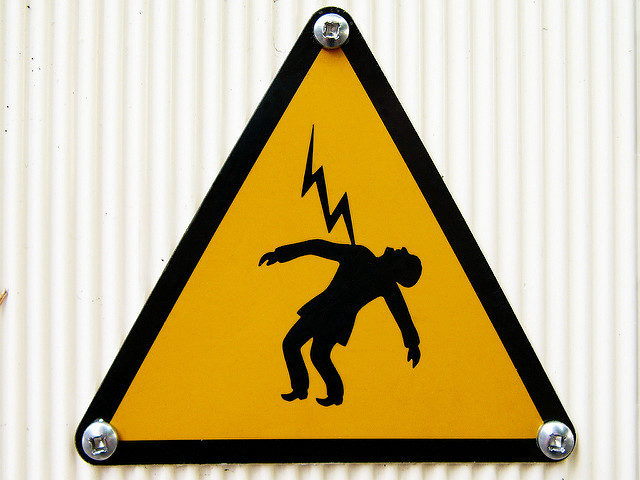
Both the escapees were sentenced to death, with Glass making his way on to the newspaper headlines when he made a petition to the Supreme Court, stating that the electric chair execution violates his rights by being cruel. His petition was denied, and he was electrocuted. Moments before electricity ran through his body, he spoke the words: “I’d rather be fishing”.
Another example comes from a more distant history. Marie Antoinette, the French queen who was accused of treason, was executed on 16 October 1793. With an audience of thousands of people, the public execution was done with a guillotine.
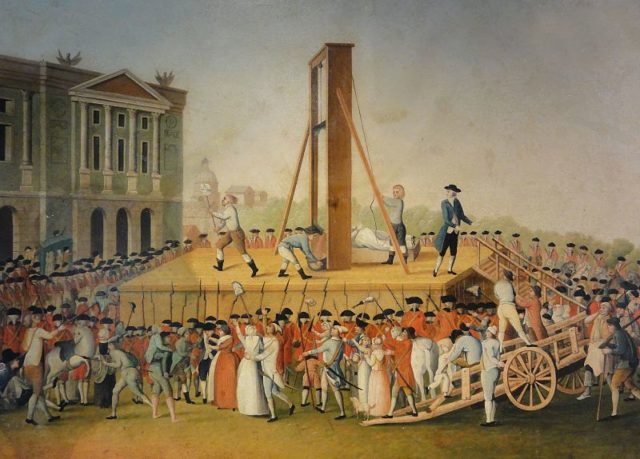
The former queen had her hair cut off, was dressed in a plain white dress and driven through the streets of Paris in an open cart, so everyone could see her.
Read another story from us: Prisoners who escaped Alcatraz in 1962 could have survived
While she was climbing the scaffold, she inadvertently stepped on the foot of Henri Sanson, her executioner. Her final words before she was beheaded were addressed to the very man who killed her: “Forgive me, sir, I meant not to do it.”
